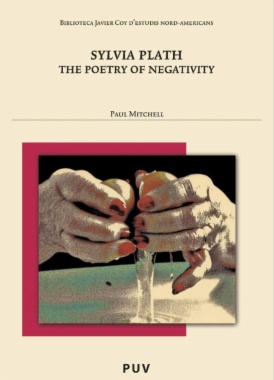Sylvia Plath és una de les poetes més conegudes i controvertides del segle XX. Des de la seua mort en 1963, el debat crític sobre la seva obra ha estat animat i, en ocasions, fins i tot hostil. Aquesta obra il·lustra com llegir a Plath des d'una perspectiva alternativa, utilitzant la teoria de Julia Kristeva sobre el llenguatge polític, i que permet una apreciació dels poemes que va més enllà del biogràfic en fer èmfasi, en canvi, en els textos; d'aquesta manera, s'engrana amb la primera persona com una eina heurística complexa i inestable. En explorar els poemes en termes de la seva transcendència en lloc de centrar-se exclusivament en el seu significat explora la manera en la qual l'obra de Plath produeix una crisi de subjectivitat oratòria i, a partir d'ací, emergeix la naturalesa «revolucionària» de la veu poètica.
- Cover
- Title page
- Copyright page
- Contents
- Introduction. The "Sylvia Plath effect"
- Chapter One. Plotting the landscape: critical readings of Sylvia Plath
- Chapter Two. Signifying the unspeakable: Julia Kristeva's theory of poetic language
- Chapter Three. Unstable speaking subjectivity: Poem for a Birthdayand the thetic
- Chapter Four. Breaking vocalic boundaries: Three Women and abjection
- Chapter Five. Towards the unspeakable: "Ariel and negativity/rejection
- Chapter Six. The failure of poetic language: "Sheep in Fog" and jouissance
- Conclusion. Sylvia Plath and the poetry of negativity
- Bibliography

